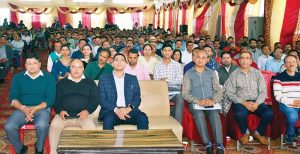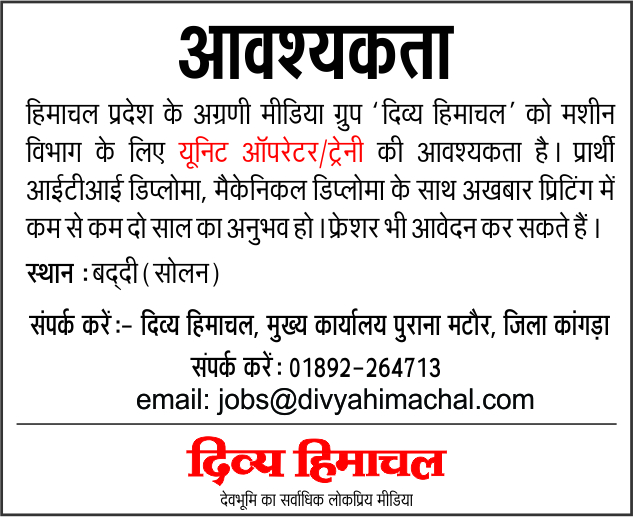New Evidence Supports HIV Screening In Young Adulthood

“The CDC currently recommends that every American be tested for HIV infection at least once between ages 13 and 64,” says Anne Neilan, MD, MPH, of the MGH Division of Infectious Diseases and the Medical Practice Evaluation Center, who led the study. “We began by thinking that, if people are screened only once, it makes sense to get screened after the age when the most new HIV infections occur. We also thought that, if we accounted for all of the HIV testing that is already taking place in the U.S., an additional screening test for youth without known risk factors would be most useful at some point after age 18.”
HIV screening refers to testing of individuals who do not have symptoms of the infection. Many youth may be at higher risk than they, their parents or their health care providers believe, so offering a one-time screening HIV test could identify infections that would otherwise be missed. The study used CDC data on new HIV diagnoses in 2013 and the stage of disease at the time of diagnosis to compare the probable results of implementing a one-time HIV screening test at various ages between 13 and 30. Using a well-published computer simulation model developed by members of the research team, the analysis revealed that adding a single HIV screening test at age 25 would most improve rates of HIV diagnosis and overall health outcomes among young adults while remaining cost effective.
This research was funded by U.S. Centers for Disease Control and Prevention National Center for HIV, Viral Hepatitis, STD, and TB Prevention agreement 6NU38PS004644. The study also received funding from National Institute of Allergy and Infectious Diseases grants T32 AI007433, R01 AI042006, and R01 AI112340; Eunice Kennedy Shriver National Institute for Child Health and Human Development grant R01 HD079214, and the Steve and Deborah Gorlin MGH Research Scholar Award.
-Source: Sciencedaily.com
Keep watching our YouTube Channel ‘Divya Himachal TV’. Also, Download our Android App













